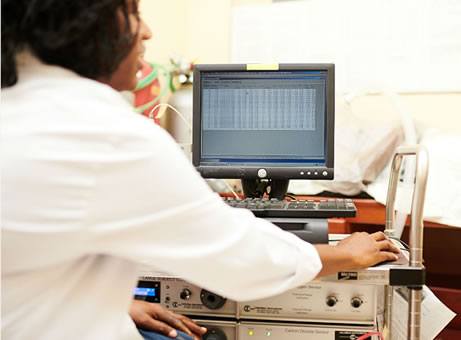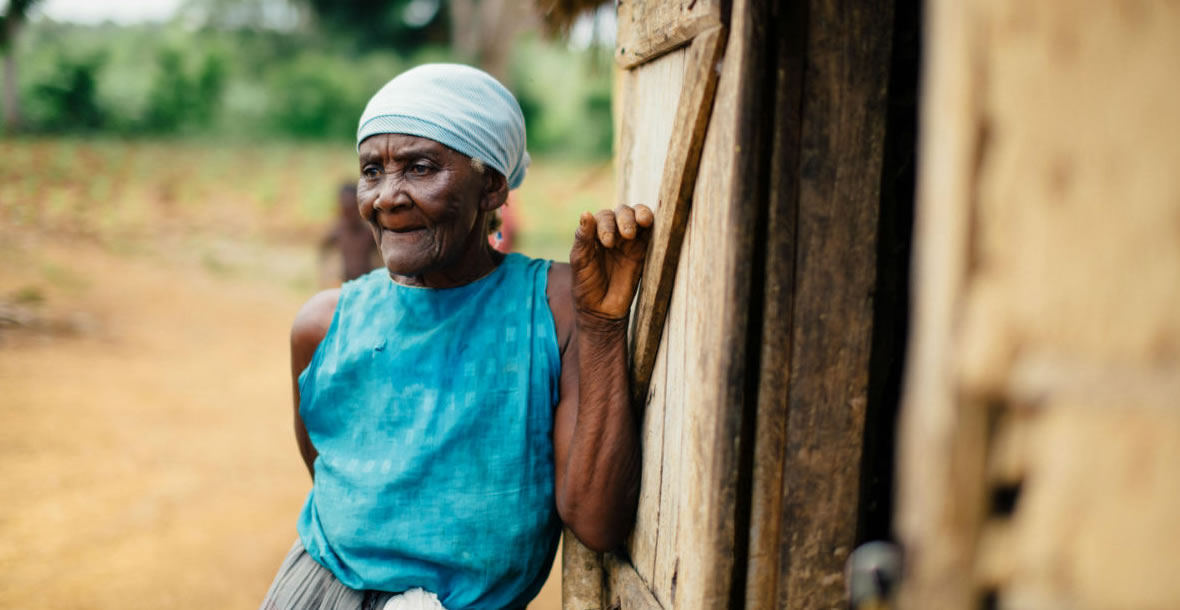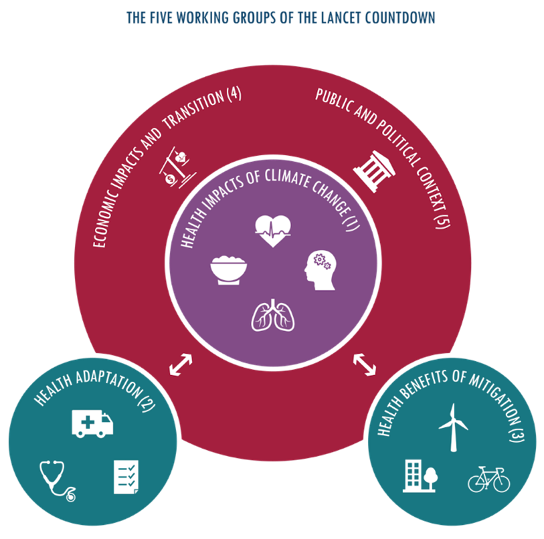Featured
Healthy Food Policy Programme
Preventing obesity and non-communicable disease risk through the implementation of healthy food policies is a growing priority in many countries. School-based nutrition programs and food labelling systems, such as front-of-package labels, are considered important obesity prevention strategies with wide-ranging coverage. Caribbean children are becoming more overweight or obese as a result of unhealthy diets and sedentary lifestyles. Known dietary risk factors include excess intake of sugary drinks and fast foods, with inadequate amounts of fruits and vegetables. These comprehensive healthy food policies are integral for safeguarding food environments, including promoting healthy options and regulating the exposure to unhealthy food.
The primary goal of the programme is monitoring food exposures in the school and retail food environments and determining impacts on health that are crucial to the development and policy implementation process in the Caribbean.
Jamaica - Barbados Kids Study
The first JAMBAR Kids Study was conducted in Jamaican and Barbadian schools in 2018 and 2019. This study explored the food and physical environments within primary and secondary schools in both countries. The impact of school food environments on the nutritional status of Jamaican primary school children was also assessed.
Generally, the objectives included assessing
- the nutritional quality of foods sold, marketed or provided to children
- the school resources including the built environment, physical activity and food preparation spaces
- existing school nutrition policies and initiatives
Follow-up studies are being conducted to help monitor changes in the school environment.
The project, led by Dr Suzanne Soares-Wynter, Clinical Nutritionist, provides the following:
- evidence for healthy food policy implementation by government and public health advocates and stakeholders across the region
- academic support for nutrition education and mass media campaigns for regional healthy food policy initiatives
- best practice guidance and feedback for participating study schools and children.
Findings
Broad findings of the studies include:
- The majority of beverages sold or marketed or provided in schools were sweetened. Apart from water, few schools had healthy options available
- 1:3 Primary school-aged children are obese or overweight, with children consuming excess amounts of sweetened beverages and inadequate amounts of fruit and vegetables.
- Street vendors are key food providers in some Jamaican schools
Outcomes
These data contribute to the development of comprehensive school nutrition policies and initiatives in Jamaica andBarbados.
In 2019, the Government of Jamaica through its Ministries of Health and Wellness, and Education, Youth and Information introduced Interim Beverage Guidelines. These provide a stepwise approach to reducing sugar content of beverages being sold or provided in schools. In Jamaica, a school nutrition policy is now in parliament as a green paper and available for public consultation and feedback. More recently, the Barbados government approved a National School Nutrition Policy for implementation in the 2022-2023 school year.
Resources
National School Nutrition Policy, May 10, 2022 – Green Paper
For access to a compilation of childhood obesity prevention activities across the Caribbean region, visit the Healthy Caribbean Coalition’s Childhood Obesity Prevention portal HERE.






